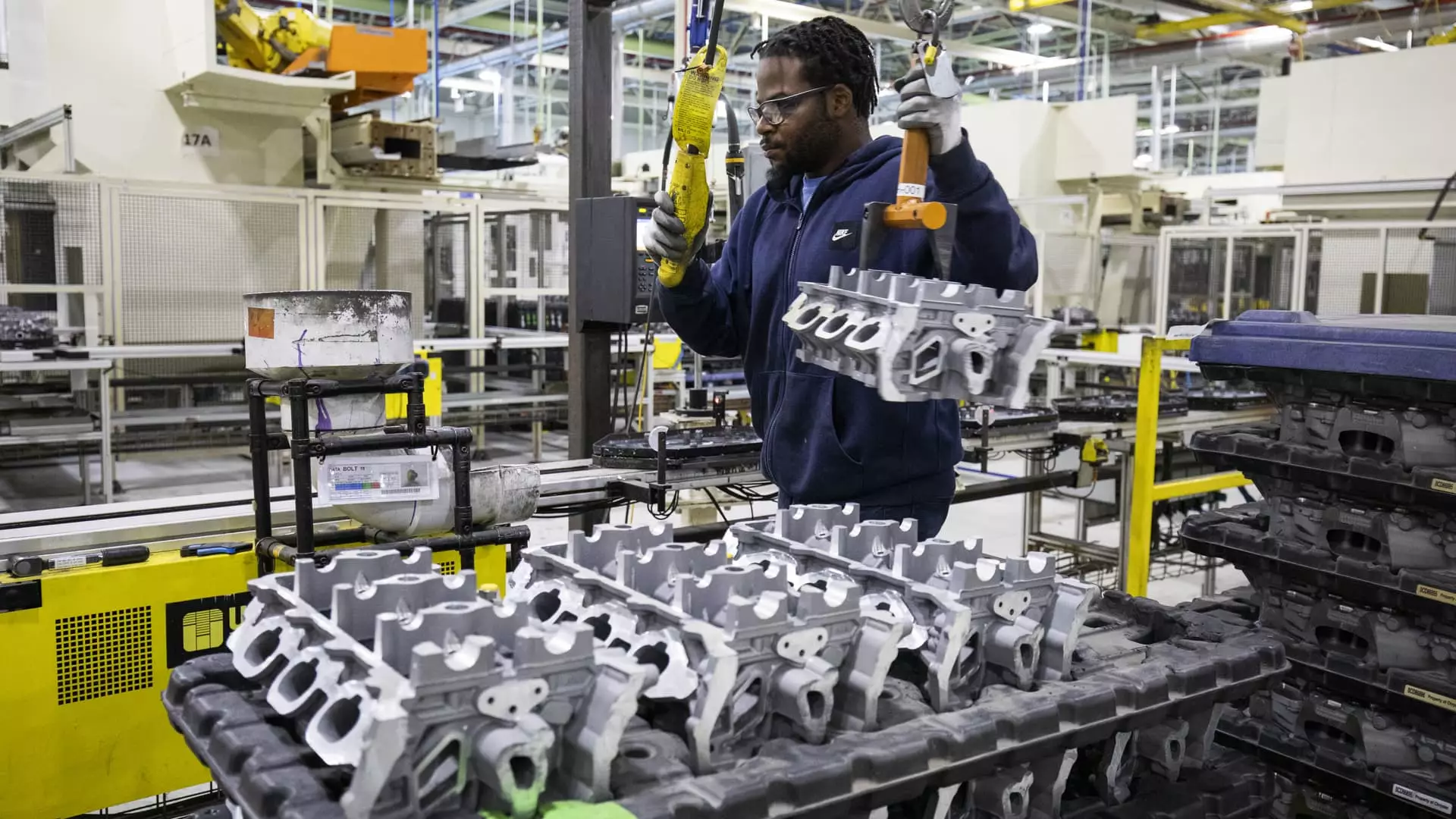In a rare show of solidarity, six influential automotive policy groups have banded together to express their grave concerns over impending tariffs that threaten to shake the very foundations of the U.S. automotive industry. This coalition—comprised of dealers, suppliers, and leading automakers—has sent a heartfelt plea to the Trump administration, arguing that a staggering 25% tariff on auto parts could lead to catastrophic implications for domestic production. The very act of uniting different factions within the auto sector speaks volumes; the industry is acutely aware that it is teetering on the brink, and collective action is its last lifeline.
The letter addresses key figures within the government, calling on them to reevaluate this punitive economic measure. It highlights a crucial point: many auto suppliers are teetering on the edge of financial collapse. An influx of additional costs, particularly amidst a tumultuous economic landscape, is likely to lead to production halts, layoffs, and even bankruptcies. This scenario mirrors the cautions raised during the early pandemic days, when a single supplier’s failure had ripple effects that brought entire production lines to a standstill.
The Human Cost of Tariffs
The implications of these tariffs extend beyond mere economic statistics; they threaten the livelihood of millions of workers across the nation. The organizations behind the letter assert that the automotive sector is the number one manufacturing segment in the United States, directly supporting around 10 million jobs in all 50 states and contributing a staggering $1.2 trillion to the economy annually. The loss of these jobs isn’t just a statistical inconvenience; it represents real families grappling with the agony of financial instability.
If these tariffs are enforced, we could witness a crisis that would erode the fabric of American communities. The lifespan of businesses and the futures of employees are all at risk whenever a supplier faces insolvency. It’s a precarious situation, where the failure of one sector can trigger widespread economic distress. Therefore, when industry leaders unite to voice their fears, it becomes clear that this isn’t merely corporate whining—it’s a serious call for introspection and immediate action from those in power.
Supplier Distress: A Crisis Waiting to Happen
The automotive supply chain is not equipped to handle a sudden influx of tariffs without significant repercussions. As detailed in the letter, many suppliers are already grappling with financial stress. The reference to “distress” in the letter is an understatement; it paints a picture of an industry on the brink, fighting to survive while being choked by additional costs imposed from above. The expectation that these suppliers can simply pivot and reroute their supply chains is, frankly, naïve.
Supply chains, especially those as intricate as those in the automotive sector, do not adapt overnight. Restructuring them requires extensive time, financial investment, and a recalibration of relationships with international partners. This isn’t a problem that can be wished away with good intentions; it’s a long and arduous process. Moreover, economic analyses predict that the shift could result in a downward trend in vehicle sales, complemented by soaring prices for both new and used vehicles. We could be looking at an economic perfect storm—one that would drown small businesses and cost thousands of jobs.
Urgent Re-examination of Economic Policy
The timing of this collective plea is significant. Just last week, President Trump hinted at the possibility of shifting the administration’s stance on tariffs, specifically citing the need to protect American manufacturers. His intentions to “help” automakers navigate the complexities posed by these upcoming regulations are certainly welcome, yet inaction or delay could lead to irreversible damage.
The automotive industry is pleading not only for survival but also for a thoughtful policy review. Given the mounting pressure from various sector leaders, it has become increasingly clear that the rhetoric of protectionism does not always translate into practical, beneficial outcomes for American workers. The painful irony is that while the administration may believe these tariffs will fortify U.S. manufacturing, they could, in reality, do the opposite, crippling the very engine of American economic prosperity.
In short, this coalition’s unprecedented sign-on illustrates a chilling consensus: if the Trump administration doesn’t reconsider its course, we may be hurtling toward an automotive crisis that will reverberate through the economy for years to come. The need for responsible and adaptive economic policies has never been more pressing.

